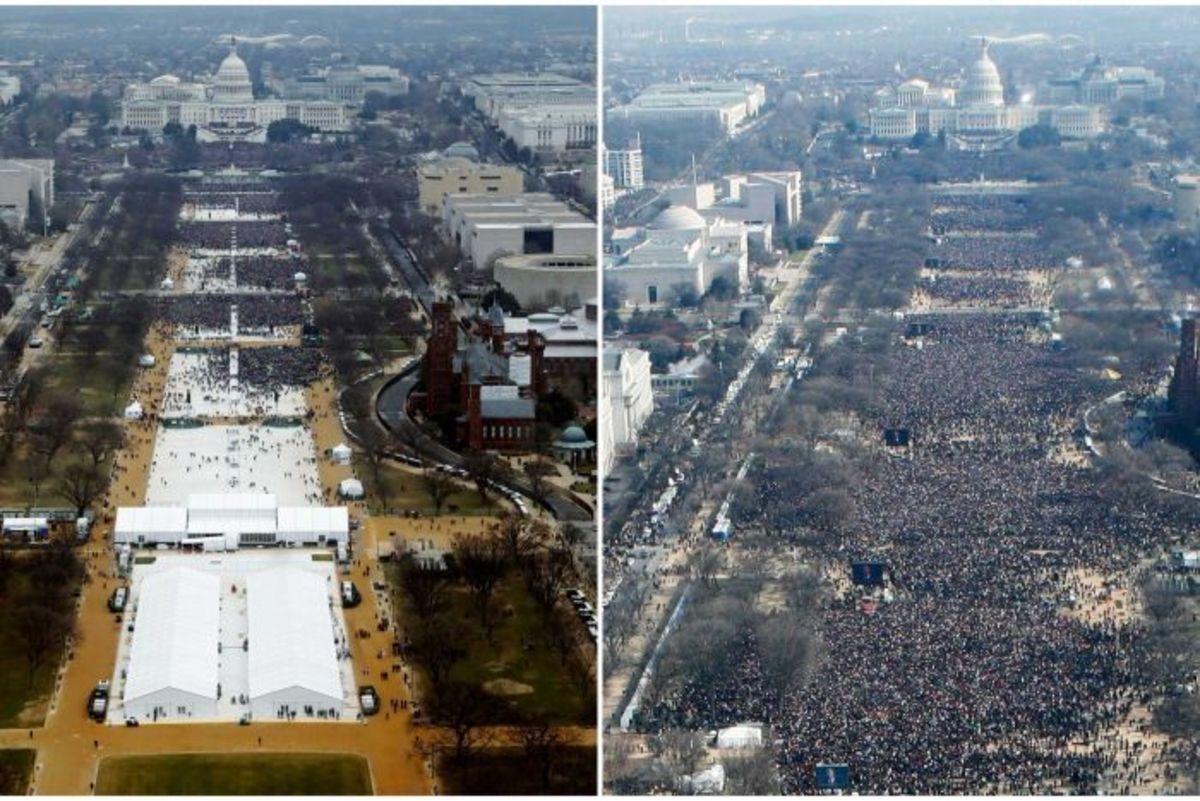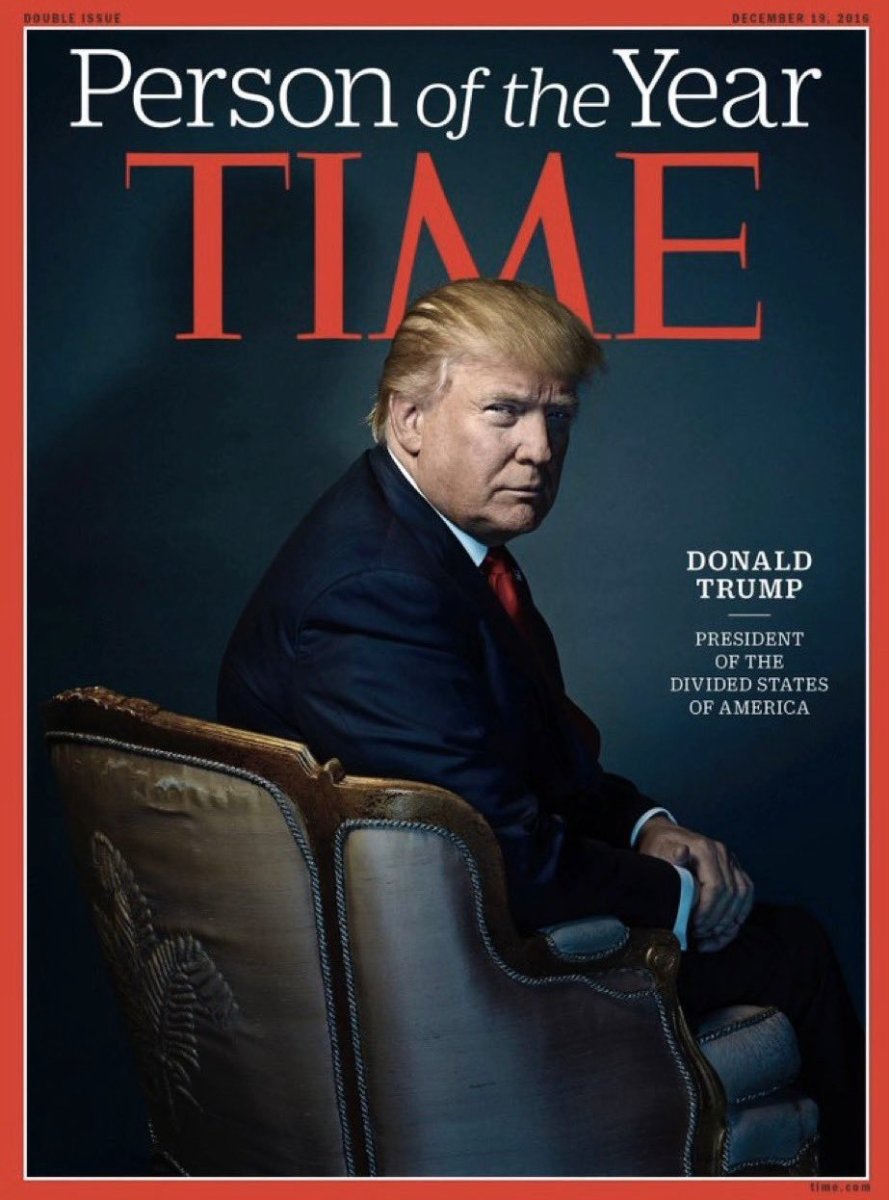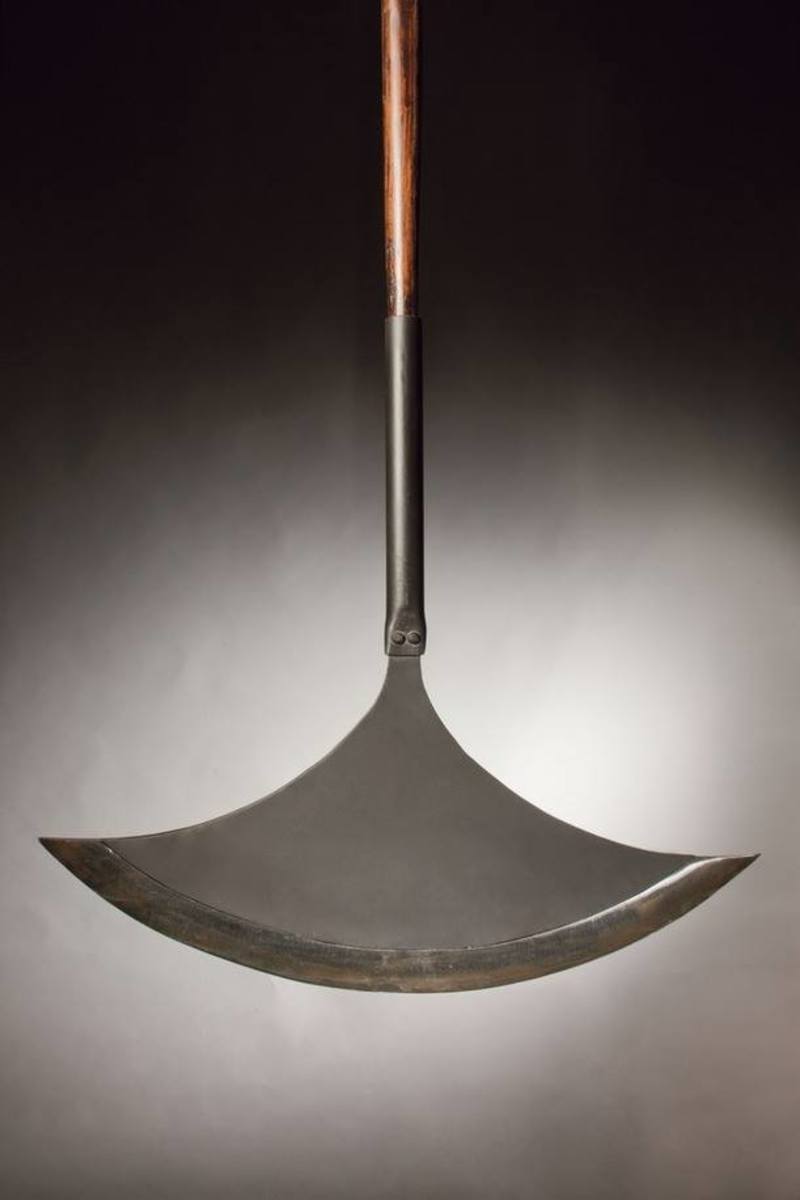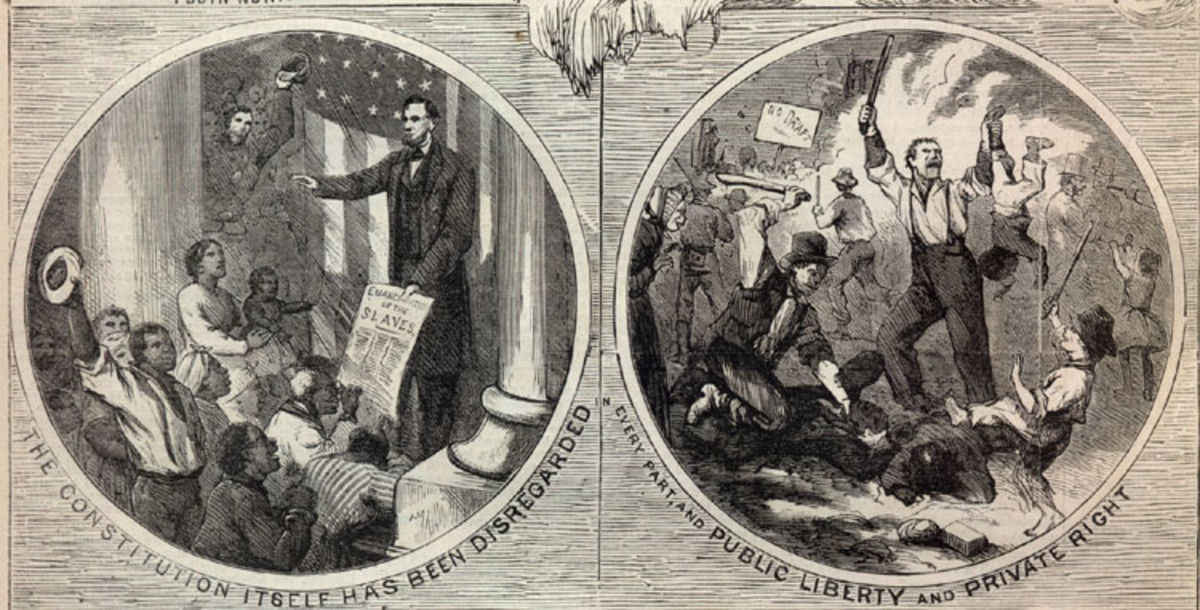Reflections on the War in Iraq - Part II: What Might Have Been
LOOKING FOR NUKES AND BIO IN IRAQ
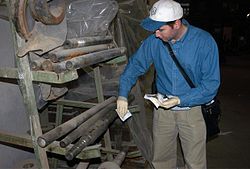
What Might Have Been.
TO ME, IT IS A WORTHWHILE exercise to think about "what might have been". It is worthwhile because President Bush did have choices; the most realistic of which was to not have invaded but to have simply kept up the pressure he had built up while focusing on the complete dismantlement of al Queda and the Taliban in Afghanistan and Pakistan while, at the same time, building up an independent Afghan government that could exist in a stable manner after the Talliban ceased to be a functioning force; what Presidnet Obama is currently attempting, albeit belatedly, to do. The threat of attack and the inspections were having a noticiable and punishing effect on the Husseim regime.
It is time to drift off-topic slightly to comment on Colin Powell. I have always admired and trusted this man and it grew to new heights after listening to him at a lecture he gave at Air War College which I was attending in 1991, he was Chief of Staff at the time, it was amazing and inspiring. Powell, as President Bush's Secretary of State, opposed the invasion of Iraq, but not the build-up; he was the counterweight to the Cheney-Rumsfeld hememony.
It was Colin Powell's testimony about Hussain's biological warfare capability at the United Nations in 2002, which tested my belief that Bush was going to make a mistake. I had that much faith in Powell's integrity that I didn't believe he would report something he did not actually believe to be true; I still don't to this day. In any case, doubt was quickly raised, however, as to the efficacy of what Powell stated at the UN by outside reports and the inspectors on the ground as well. Obviously, Secretary Powell was privy to much more classfied information than the public was, and he was already predisposed to ask the right questions regarding the reliability of any evidence he saw. In hindsight though, whatever Secretary Powell was convinced by, turned out to be, for the most part, wrong.
What was the cost of the Iraq part of the Afghan-Iraq war? Well, a 2007 CBO report estimated that by 2017, the total cost, including interest on the debt for the money borrowed to finance the invasion, is $1.9 Trillion. Brown University recently estimated similar content at $2.5 Trillion to $3.2 Trillion, just for Iraq. The low-ball figure is roughly $870 billion for direct costs, so far through 2011. Why ask this question, following my little shpiel about Colin Powell? Because it is a good "what might have been" question because that funding is money that could have been spent fighting terrorism in other ways; say investing in Afghanistan the way President Obama was forced to do 8 years later.
Keeping Saddam at bay and ineffective was already a done deal with the blanket Bush and the UN had already wrapped him in; it is not clear that he could have even kept carrying out is campaign of internal terror effectively for very much longer. President Bush could have kept that going for as long as he wanted and for a fraction of the $800+ billion cost and none of the 4000 lives lost he did expend on his war in Iraq. Once we were sure the Taliban and al Queda were put down for good and Afghanstan stabilized, then Hussein would have been ripe for the picking, at much cheaper price, or would have changed his ways because of eight years of unrelenting pressure or would have been overthrown internally. Regardless, the much more important target would have been dealt with first.
© 2011 Scott Belford

